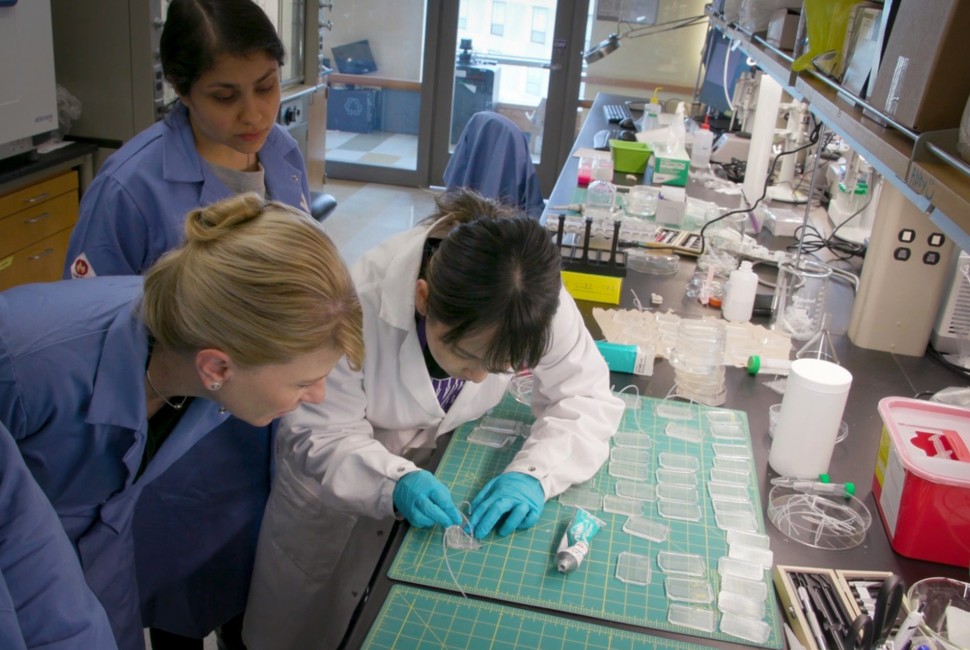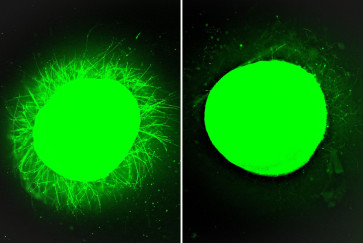The Chan Zuckerberg Initiative (CZI) has selected Northwestern University to co-lead its new biomedical research hub in Chicago, which will develop new technologies for studying human tissues with unprecedented resolution. The hub’s ultimate goal is to unite the region’s best researchers to improve understanding of inflammation, potentially leading to new treatments for the inflammatory conditions that underlie disease.
Northwestern will co-lead the Chan Zuckerberg Biohub Chicago (CZ Biohub Chicago) with the University of Chicago and the University of Illinois, Urbana-Champaign. Shana O. Kelley, the Neena Schwartz Professor of Chemistry and Biomedical Engineering at Northwestern, will serve as the hub’s president.
CZI selected the Chicago team from a pool of 58 teams after a yearlong, highly competitive application process for a research initiative explicitly focused on measuring human biology.
“The Chan Zuckerberg Biohub Chicago will assemble some of the best talent from Northwestern, the University of Chicago and the University of Illinois, Urbana-Champaign, signaling a new era of collaboration among the area’s greatest universities,” said Michael Schill, president of Northwestern. “This announcement has been a year in the making and is a testament to the determination and vision of Vice President for Research Milan Mrksich, our Office for Research and our partner universities that dedicated countless hours to seeing this amazing opportunity come to fruition. With Northwestern Professor Shana Kelley as president, I am confident CZ Biohub Chicago will accomplish its scientific goals to gain new insights into inflammation, making inflammation-driven diseases more preventable and treatable.”
“We’re thrilled to be part of the Chan Zuckerberg Biohub Network, which will galvanize multidisciplinary research and drive more progress than any one of these institutions could have achieved on its own,” Kelley said. “The scientific challenge we’re exploring — to develop new tools to better measure tissues and gain insights into inflammation —has large engineering challenges to surmount, and is wildly, but not impossibly, ambitious — and can only be solved by interdisciplinary collaboration.”
Kelley is a professor of chemistry at the Weinberg College of Arts and Sciences, professor of biomedical engineering at the McCormick School of Engineering and professor of biochemistry and molecular genetics at Northwestern University Feinberg School of Medicine.



